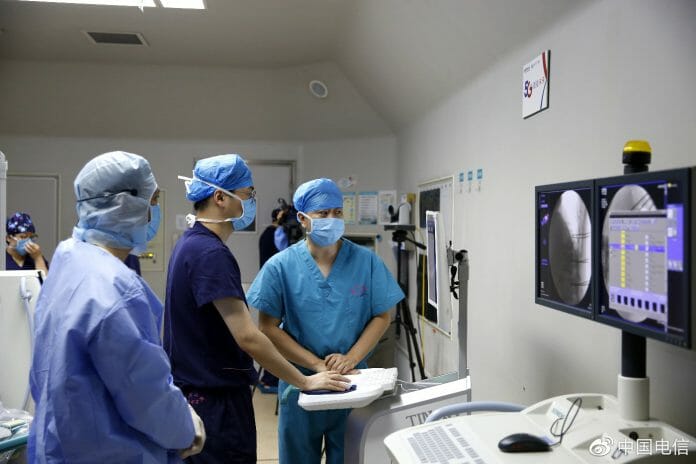In the digital age, where connectivity is king and technology reigns supreme, it’s no surprise that Artificial Intelligence (AI) is making waves in ways we couldn’t have imagined just a few years ago. The proof? ChatGPT’s inclusion in the 2022 top 100 Google worldwide keyword searches.
This serves as a reminder of the incredible benefits that AI-enabled technology has brought to our lives. From everyday tasks to complex operations, AI seamlessly integrates into our daily routines, revolutionizing how we live and work.
In this hyperconnected world, the internet has woven a web that connects individuals and devices. The Internet of Things (IoT) has become a reality, allowing us to use internet-connected devices for everything from online banking to health monitoring. Take, for instance, our trusty smartphones, which now incorporate AI to enhance performance and improve the quality of images, audio, and video.
The next frontier is the Internet of Bodies, where wearable devices and body implants connect us to the digital realm. These devices harvest data from our every move, creating what is known as the Internet of Behaviors.
The healthcare sector is at the forefront of this digital transformation. It’s adopting emerging technologies like mobile health, telemedicine, electronic health records, robotics, and wearable devices.
AI in healthcare leverages big data to perform predictive and prescriptive analytics at a speed and accuracy unmatched by humans. The implications are profound, affecting everything from diagnostics and treatment to patient care and the productivity of healthcare professionals.
Consider the case of Mayo Clinic, which improved the accuracy of ventricular dysfunction detection from 85% to an impressive 93% using an AI-assisted cardiovascular screening tool. IBM’s Watson Imaging Patient Synopsis retrieves electronic health records to support radiologist decision-making, enhancing patient care. In paediatrics, AI has enabled reliable and timely diagnosis of autism spectrum disorder.
In geriatrics, AI-driven environmental and wearable sensors assist in the long-term care of older adults. Wearable devices, like fitness trackers and smartwatches, empower individuals to monitor their health in real time, motivating them to lead healthier lives.
The adage “health equals wealth” holds true for individuals and entire nations. According to the World Bank, poor health and low life expectancy strain a country’s resources and hinder economic growth.
Healthy citizens are more productive, contributing effectively to their nation’s prosperity. The World Happiness Report 2023 underscores the importance of good health and prosperity in achieving overall satisfaction and well-being.
Malaysia, for instance, ranks 27th out of 195 countries on the 2021 Global Health Security Index. While it performs well in most indicators, there’s room for improvement in healthcare access and capacity.
Technology adoption can bridge these gaps. Research on Malaysia’s public hospital intensive care units demonstrates that technology, such as electronic medical record systems, enhances doctors’ knowledge, productivity, and patient care. It also supports better decision-making, ultimately improving healthcare in developing countries.
However, as we harness AI’s immense potential, we must recognize the importance of data protection, privacy, and security. Ethical concerns, like potential errors, bias, transparency, and patient harm, demand careful consideration.
Regulatory frameworks and mitigation measures are essential to ensure AI’s responsible use in healthcare. The Australian Medical Association has called for national regulations to safeguard patient confidentiality, especially concerning generative AI chatbots.
Similarly, the World Health Organization has issued guidance on ethics and governance for AI in health. As we approach the AI tipping point, we must address concerns about data breaches and data mining by bots, especially in a digital age where humans increasingly rely on machines.
In conclusion, AI’s integration into healthcare is transforming our lives and has the potential to lead us to greater prosperity. But with great power comes great responsibility.
As we navigate this exciting journey, let us ensure that ethical principles guide AI in healthcare, safeguard privacy, and ultimately contribute to the health and happiness of all.
This op-ed is by Dr Andrei Kwok from Monash University Malaysia. He is the director of graduate coursework studies and senior lecturer for the School of Business. In the op-ed, he discusses the transformative impact of Artificial Intelligence (AI) on the healthcare sector and its potential to shape our future.









